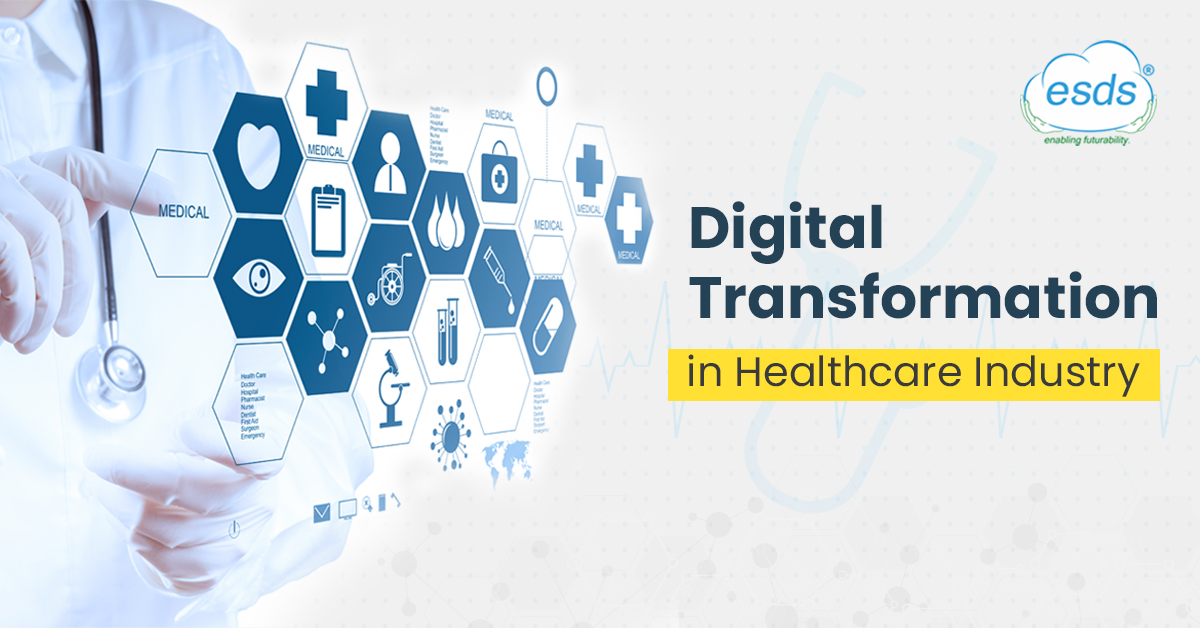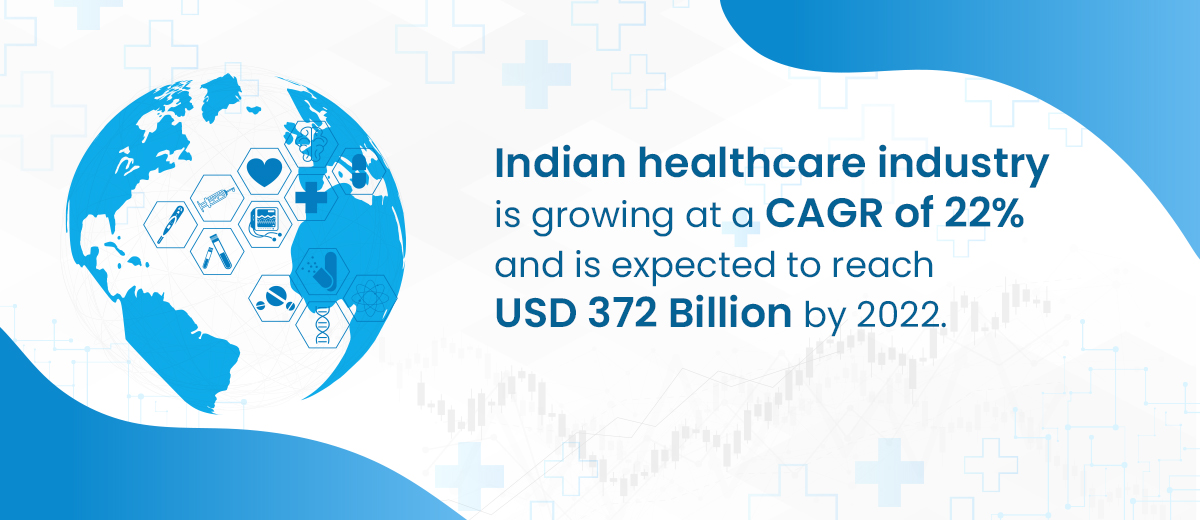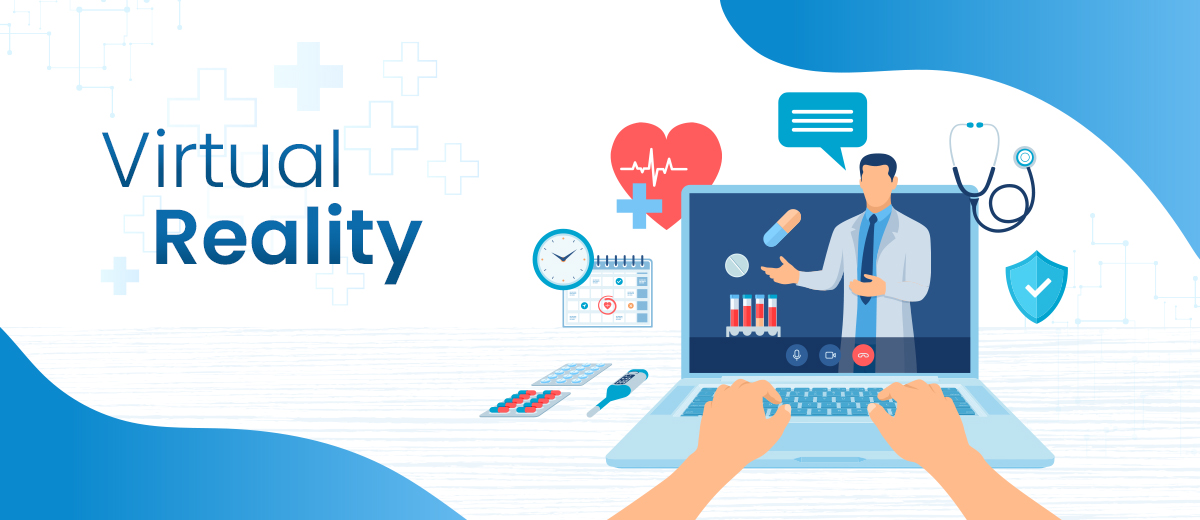Digital Transformation in Healthcare Sector
To meet changing business and market prerequisites, advanced change is the way toward utilizing computerized innovation to fabricate new — or adjust current — business cycles, culture, and buyer encounters. Digital transformation is the redesigning of business in the digital age.

There’s no need to set up your business processes and then transform them afterward for small enterprises that are just getting started. You can future-proof your company from the start. Stickie’s and handwritten ledgers aren’t going to cut it in the twenty-first century. You’ll be more agile, versatile, and ready to develop if you think, plan, and build digitally.
The positive impact of technology in healthcare is known as digital transformation. This is why: Telemedicine, AI-enabled medical equipment, and blockchain electronic health records are just a few instances of how the digital revolution in healthcare is totally transforming how we connect with health professionals, how our data is shared among providers, and how we manage our health.
The way individuals finance, travel, and the shop is changing as a result of technological advancements. However, it has yet to make a big impact in the healthcare sector.
With the transformation digitally in the healthcare sector, the Indian healthcare industry is growing at a CAGR of 22% and is expected to reach USD 372 billion by 2022.

Digital transformation in healthcare is a foundational component of a patient-centered approach to healthcare. It will assist healthcare providers in streamlining operations, understanding what patients need, building loyalty and trust, and providing a better user experience.
Furthermore, collecting and extracting data from digital communications will be beneficial. Understanding target users’ needs and behaviors, healthcare providers will look for new ways to add value by fostering loyalty and trust.
Impact of Digital Transformation in Healthcare Industry with different technologies
- Telemedicine
Remember when you had to make a doctor’s appointment and then wait for a couple of hours in the hospital or clinic? After the tests, you would have to wait several days for the results and return to the doctor. Gone are those days!

Many novel solutions are changing the way patients interact with healthcare providers. Telemedicine solutions provide people with on-demand access to health professionals, from searching for a doctor to scheduling a virtual appointment and communicating with doctors via video or voice call. The evolution of telemedicine is one of the most significant changes in the healthcare market.
- Virtual Reality
Virtual reality is a technology that uses a computer-generated simulation of a three-dimensional image or environment to allow a person to hear, see, and interact with it using special equipment such as headsets. The technology generates a simulated environment in which users can immerse themselves. Unlike traditional user interfaces, VR immerses users in a virtual experience rather than simply displaying a screen.

The Virtual Reality Market in health care is set to reach $7 billion by 2026 based on the research of Globe Newswire.
- Artificial Intelligence
Artificial intelligence simplifies the lives of medical practitioners, patients, and hospital administrators through work that is usually done by people at a fraction of the cost and in less time. AI offers many advantages compared to traditional clinical decision-making and analytics.

When interacting with training data, learning algorithms can become more accurate. It enables people to gain unparalleled knowledge of treatment processes, variability of treatment, patient results and diagnostics.
Conclusion
Digital transformation is a continuous process, with every day new trends emerging in the medical sector. You need to think beyond the technology needed to boost innovation when pursuing digital transformations in healthcare.

- Digital Transformation in Healthcare Sector - June 24, 2021
- ERP License and SaaS Cloud Subscription – Pros and Cons - June 21, 2021
- Disaster Recovery as a Service (DRaaS) – Now, Future and Beyond - March 15, 2021
